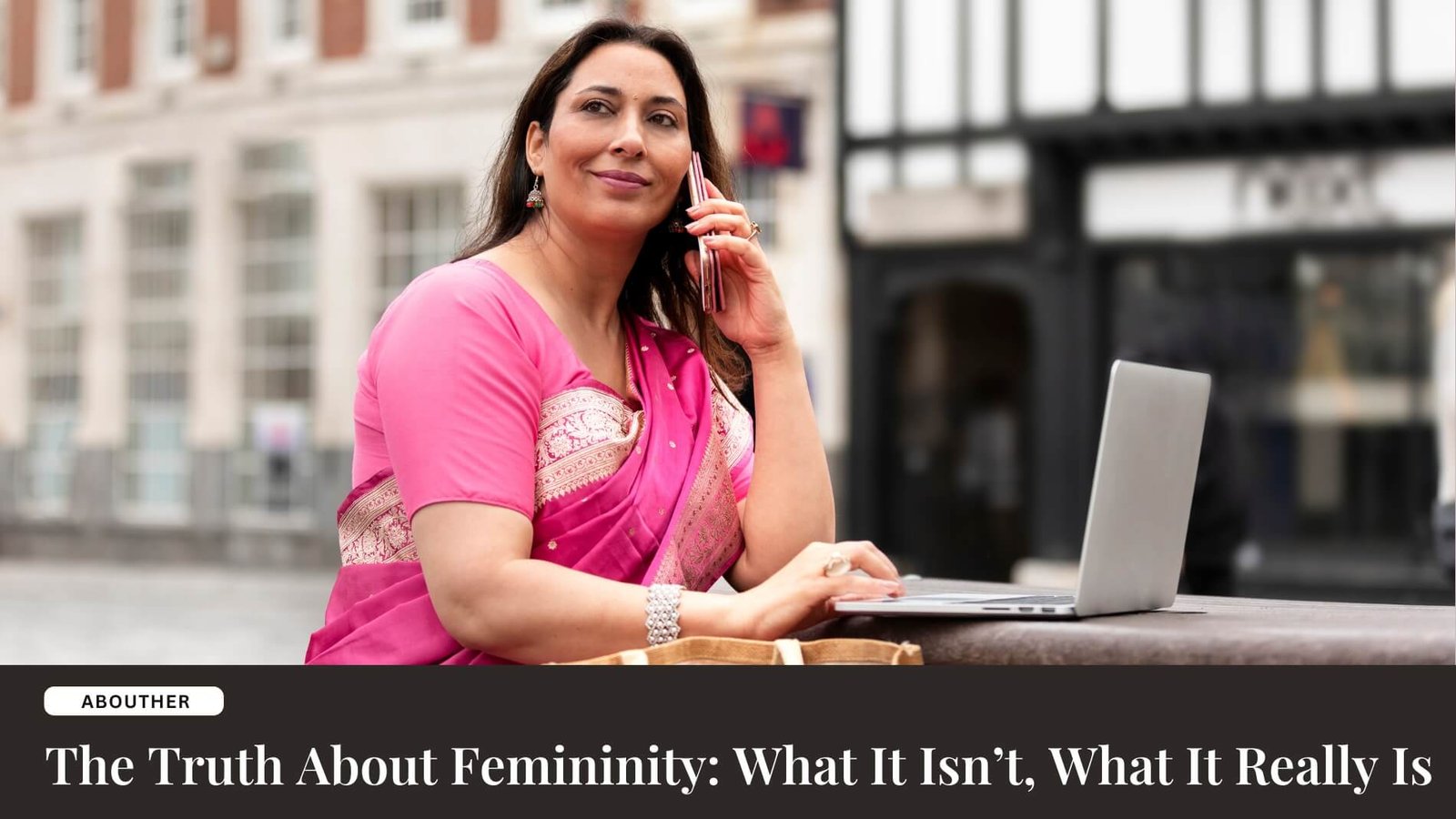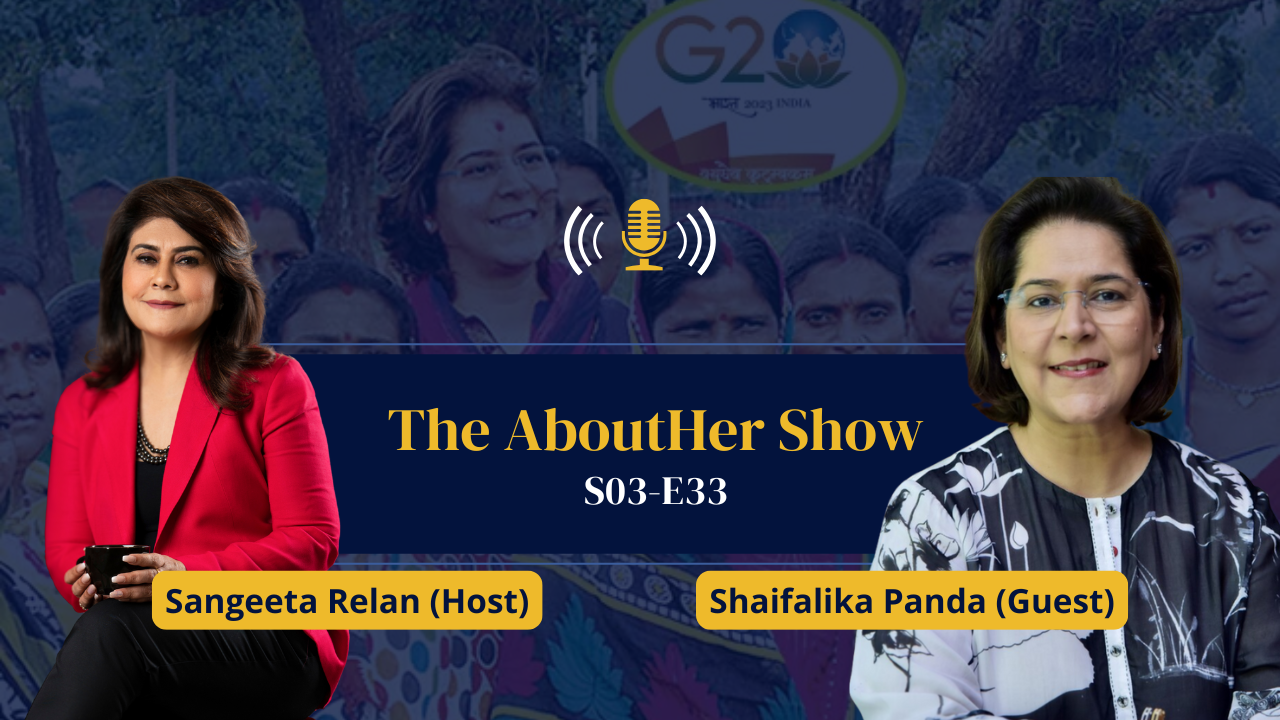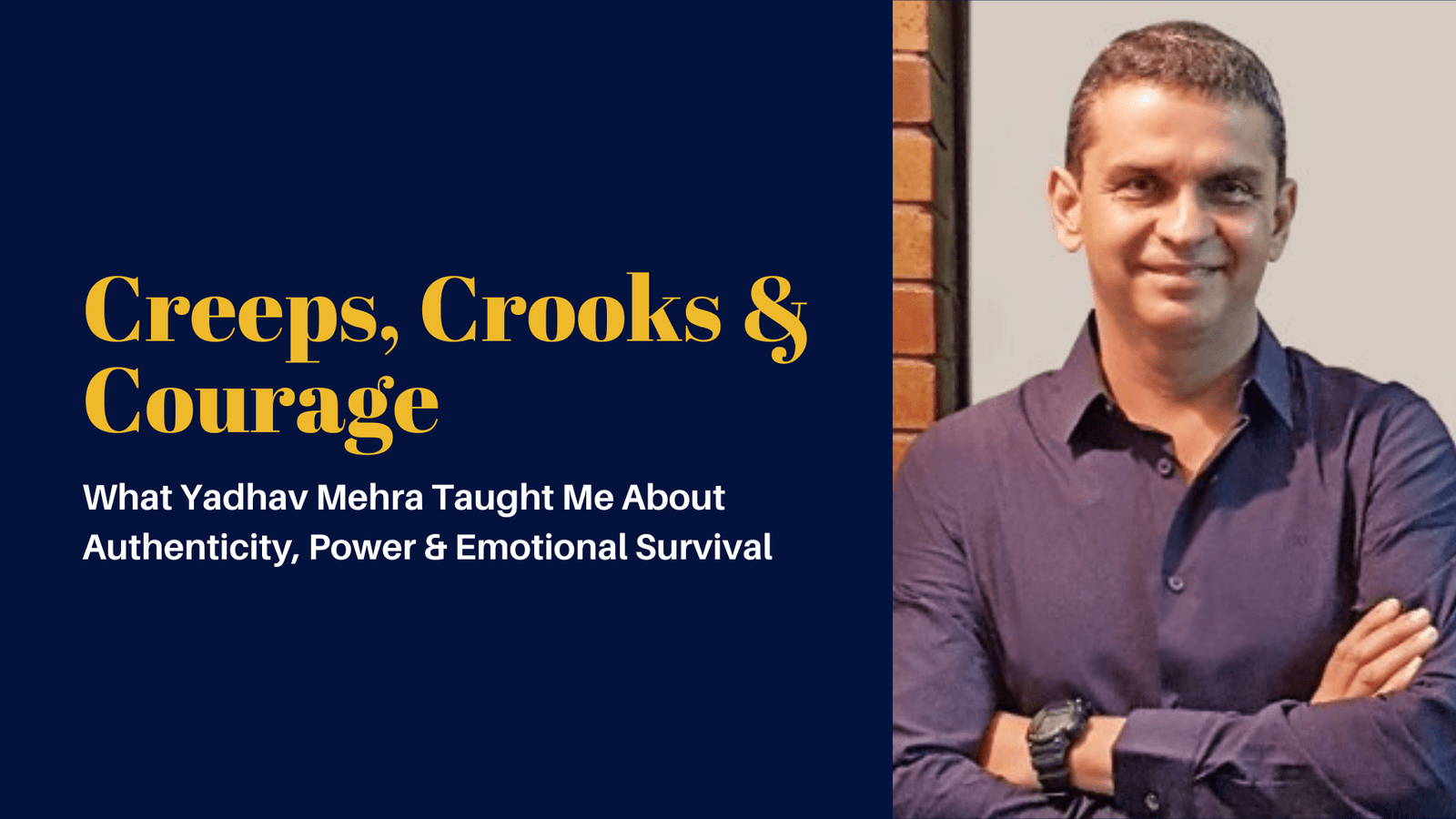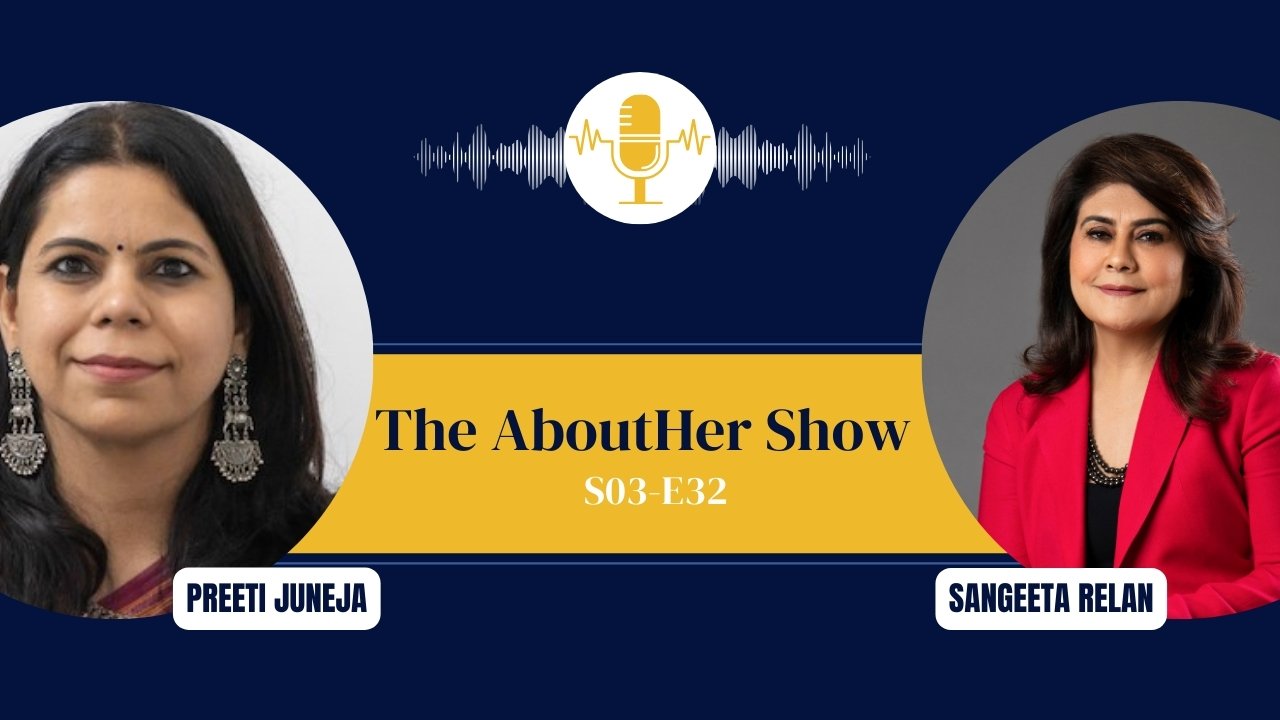The Shift from Smart to Dumb Phones
The smartphone is undoubtedly one of the most groundbreaking modern inventions that have profoundly transformed our lives. Reflecting on the past, I remember the old corded phones that anchored us to a spot, limiting our mobility during conversations. The advent of cordless phones was a significant leap, granting us some freedom within our homes.
The real revolution came with mobile phones, which we could carry everywhere. Suddenly, the world felt smaller as we could connect with anyone, anytime, regardless of location. This new era sparked innovation, leading to smartphones that now perform a multitude of functions. They have altered every facet of our lives, from work to communication and daily living.
Smartphones have redefined communication, making it instantaneous and effortless. Texts, emails, instant messages, and calls are just the beginning. They have made staying connected easier than ever before.
Today, it’s nearly impossible to be disconnected. Smartphones are integral to our daily existence, from emails to social media to countless apps. They constantly keep us connected, performing various tasks. They provide us with endless information, assist with navigation, offer entertainment, and even track our health and fitness. They are truly all-in-one devices, often replacing the need for other gadgets, including cameras.
Given all these advantages, why are people opting to switch back to simpler, ‘dumb’ phones that only allow for calls and texts?
Despite their benefits, smartphones come with significant downsides. Here are some reasons why people are reverting to dumb phones:
1. Digital Detox and Reduced Screen Time:
In today’s digital age, smartphones have become integral to our daily lives. However, this constant connectivity has led to an increase in screen time, which can have detrimental effects on our physical and mental health. People are finding it challenging to disconnect from their devices, leading to issues like digital addiction. This addiction often manifests as a compulsion to check phones frequently, even during social gatherings, family meals, or important events. The concept of a digital detox involves taking a break from digital devices to reduce stress and focus on real-world interactions and activities. Dumb phones, with their limited functionalities, naturally enforce this break by preventing users from accessing the internet, social media, or addictive apps, thus encouraging more meaningful and present interactions with the people and environment around them.
2. Simplicity and Minimalism:
The minimalist movement is gaining traction as people seek to declutter their lives and focus on what truly matters. With their myriad features, apps, and constant notifications, smartphones can be overwhelming and distracting. This overload of information can lead to decision fatigue and a fragmented attention span. In contrast, dumbphones offer a return to simplicity. They strip away the unnecessary features and provide only the essential functions—calling and texting. This minimalist approach reduces mental clutter and allows individuals to concentrate on more important tasks and enjoy a simpler, more intentional lifestyle. Users can achieve a greater sense of peace and focus by using a device that doesn’t bombard them with constant updates and notifications.
3. Privacy and Security Concerns:
Smartphones are powerful tools, but their connectivity and extensive data storage capabilities make them vulnerable to security threats. Issues like hacking, malware, and unauthorised tracking are increasingly common, and personal data breaches can have serious consequences. With smartphones, every app installed can potentially access and share personal information, raising significant privacy concerns. Dumb phones, on the other hand, do not have internet connectivity or apps that track user data, making them much less susceptible to cyber threats. This inherent security feature provides users peace of mind, knowing their personal information is not at constant risk of being compromised. Dumbphones are an attractive alternative for individuals who prioritise privacy and want to minimise their digital footprint.
Also Read:The Current State of the Indian College-going Student
4. Battery Life:
Dumb phones usually have a much longer battery life than smartphones. For those who prioritise a phone that lasts days without needing a charge, dumb phones are a practical choice.
5. Cost:
The high cost of smartphones can be prohibitive for many people. Premium smartphones often come with a hefty price tag, making them inaccessible to those on a tight budget. Additionally, the cost of data plans, accessories, and app purchases can add up over time. Dumb phones, being significantly cheaper, offer a budget-friendly alternative. They are especially attractive in developing countries where affordability is a major concern. Dumbphones provide a practical and economical solution for individuals and families looking to save money without compromising on essential communication. The lower cost also makes replacing or repairing dumbphones easier, further enhancing their appeal as a cost-effective option.
6. Focus and Productivity:
The abundance of apps, games, and social media on smartphones can be a major distraction, significantly impacting productivity. The constant barrage of notifications can interrupt work and hinder the ability to concentrate on tasks. Studies have shown that multitasking with a smartphone can reduce productivity and lower the quality of work. Dumb phones, by design, eliminate these distractions. Without access to internet-based apps and social media, users can focus better on their tasks and responsibilities. This can lead to improved efficiency, higher quality of work, and a better work-life balance. For professionals, students, and anyone looking to enhance their productivity, switching to a dumb phone can be a practical solution to minimise distractions and maintain focus.
7. Elderly and Young Children:
Smartphones can be complex and overwhelming for elderly individuals who may not be tech-savvy. The multitude of features and apps can create confusion and frustration. Dumb phones, with their straightforward design and limited functionalities, are much easier for older adults to use. They offer essential communication features without the added complexity, making them ideal for this demographic. Similarly, for young children, early exposure to smartphones can lead to issues like screen addiction and reduced physical activity. Dumb phones provide a way for parents to stay in touch with their children without exposing them to the risks associated with internet access and social media. This controlled exposure helps in ensuring the safety and well-being of young users while fostering healthy communication habits.
This shift highlights a desire for a more balanced and intentional use of technology. We need a device to stay connected with those who matter without the constant pull of digital distractions. While smartphones offer numerous benefits, it’s crucial not to let them dominate our lives. By limiting their usage, we can ensure technology serves us, not the other way around.
Share This On Social
![Sangeeta-Relan-AH-525×410[1]](https://aboutherbysangeeta.com/wp-content/uploads/2024/06/Sangeeta-Relan-AH-525x4101-1.jpeg)
I’m Sangeeta Relan—an educator, writer, podcaster, researcher, and the founder of AboutHer. With over 30 years of experience teaching at the university level, I’ve also journeyed through life as a corporate wife, a mother, and now, a storyteller.


















